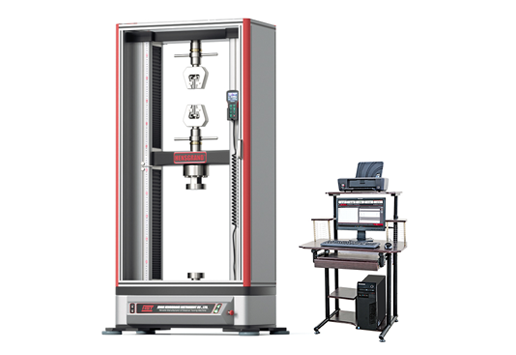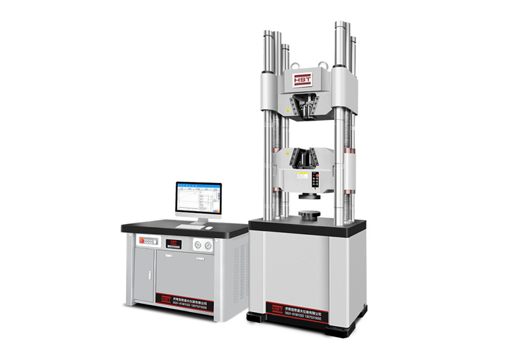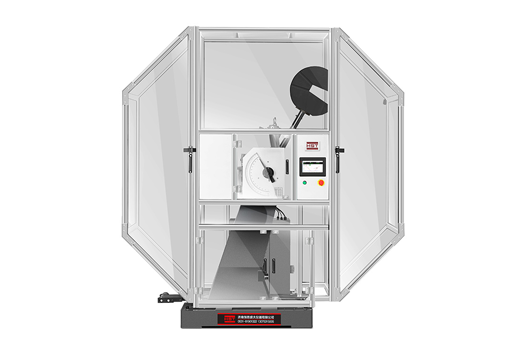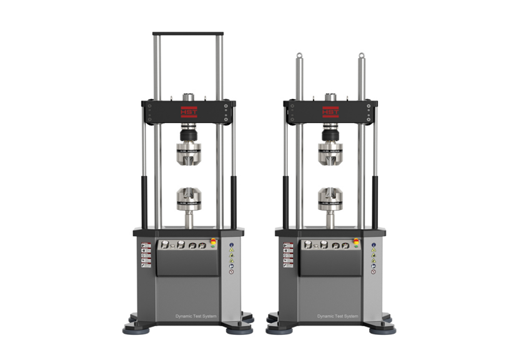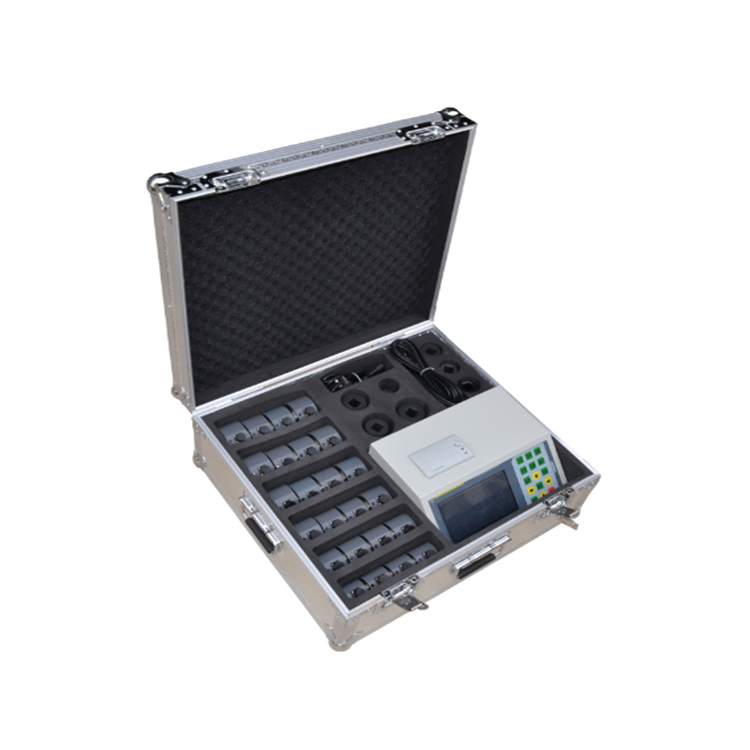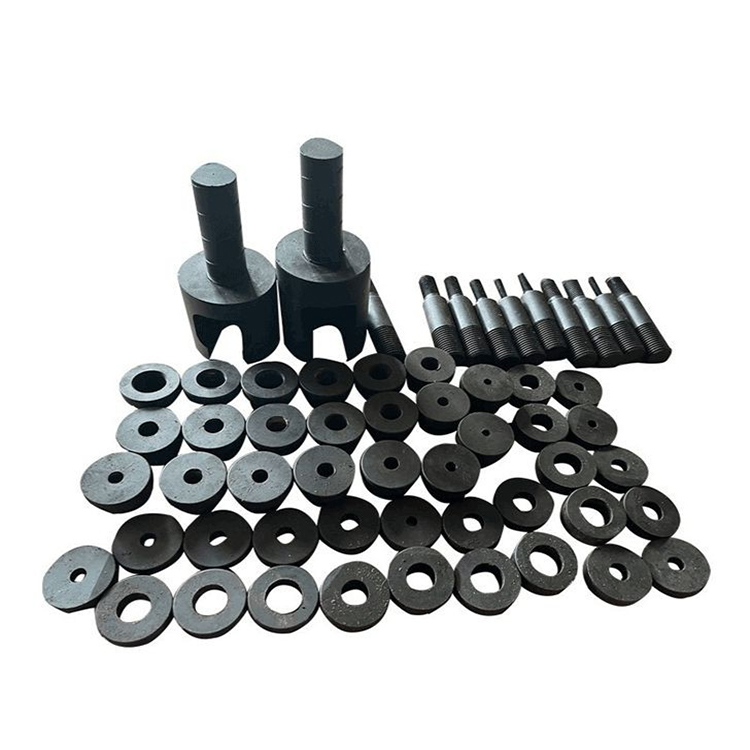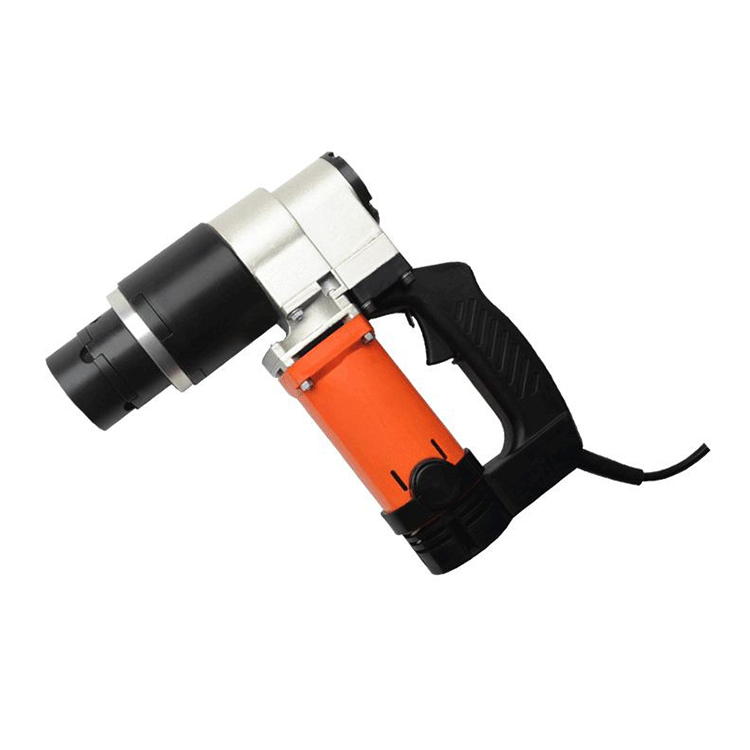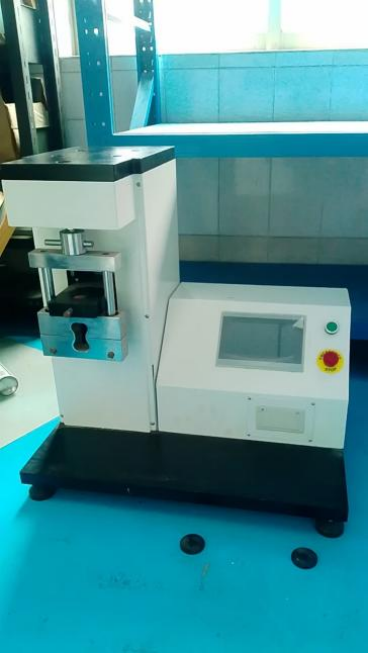
HST Sand Mold Strength Machine

HST Sand Mold Strength Machine
Introduction:
HST Sand Mold Strength Machine primarily measures the compressive, shear, bending, and tensile strength of core sand samples under ambient or heated conditions, as well as actual force values. It is also applicable to assessing the strength of ceramic and cement materials. Low wet compressive strength in sand mold specimens directly results in insufficient sand mold durability. When combined with low compaction density, the issue becomes more severe. Insufficient sand mold strength leads to defects like sand erosion and particle loss, while excessive swelling may compromise casting dimensional accuracy. Excessive wet compressive strength mainly causes poor dispersibility, making it difficult to break large sand particles during discharge. Reduced fluidity affects sand mold compaction and increases crack formation risks in castings. The primary cause of excessive strength is an overabundance of effective bentonite content. This complicates mixing processes, requiring intense and prolonged blending to achieve uniformity. Otherwise, well-mixed bentonite may segregate into sand pellets. Moreover, pursuing excessively high sand mold strength increases production costs.
Specifications:
|
HST Sand Mold Strength Machine |
|
|
Item |
Value |
|
Compressive strength |
0~4Mpa |
|
Tensile strength |
0~6 Mpa |
|
Shear strength |
0~1.2 Mpa
|
|
Bending strength |
0~60Mpa |
|
Indication accuracy |
±1.5%FS |
|
Working voltage |
AC 220V±10%,50Hz |
|
Environment: greenhouse, relative humidity |
≤90% |

